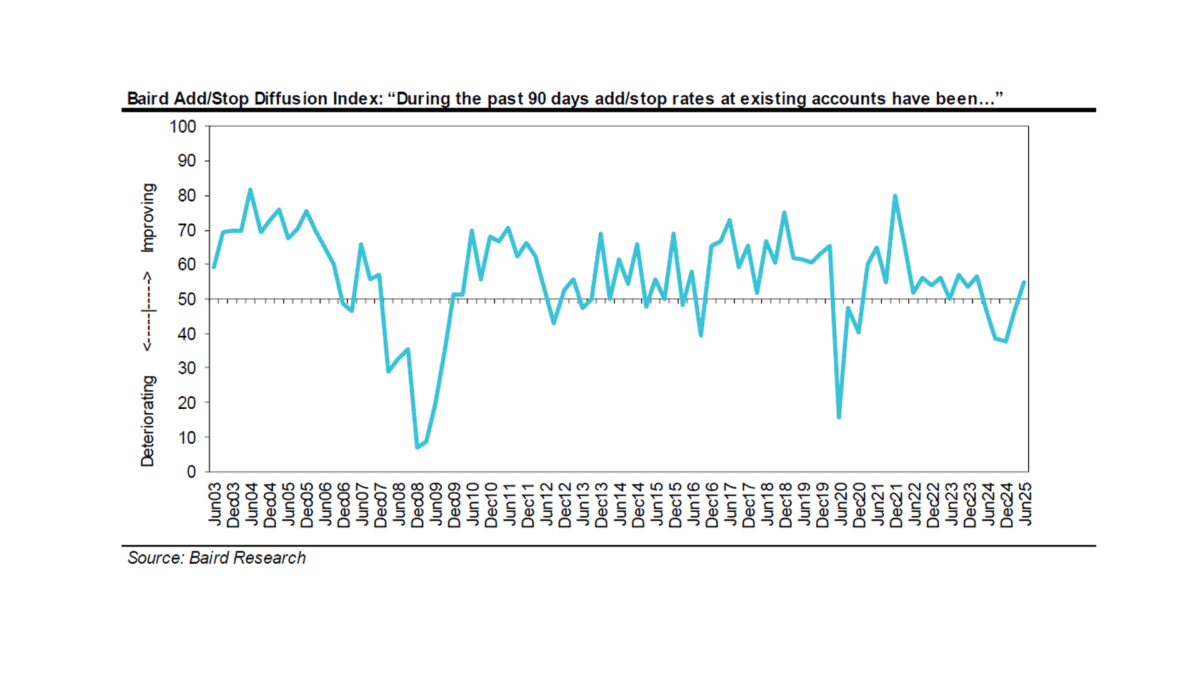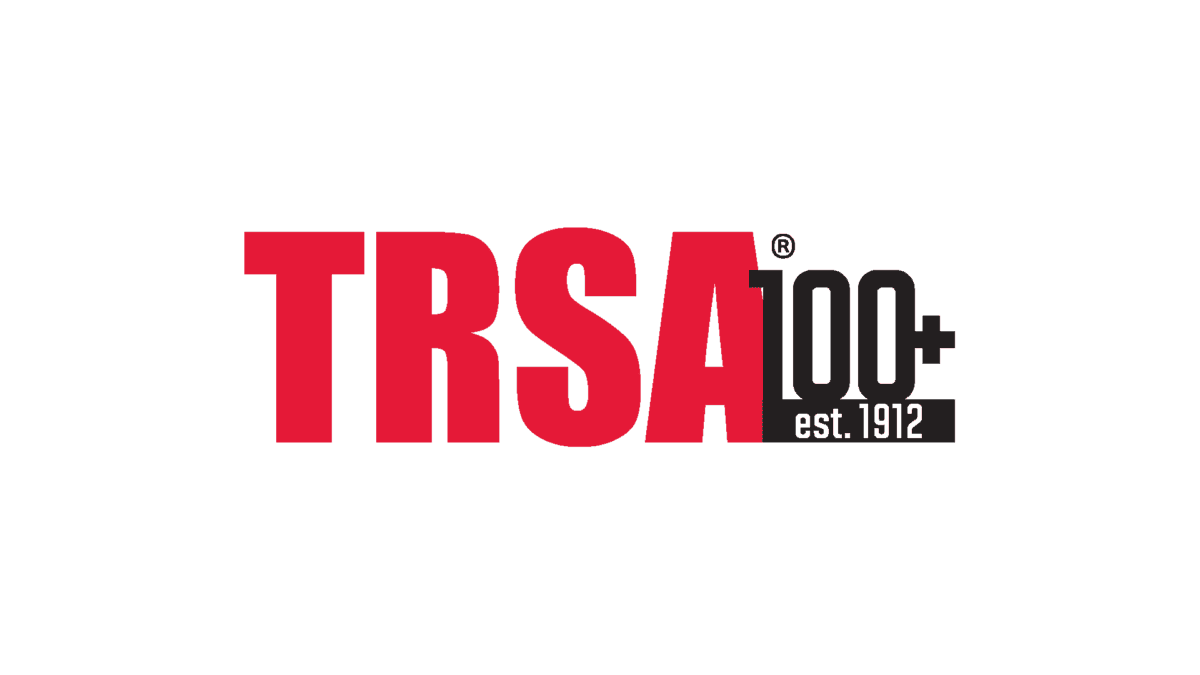Running a successful laundry today takes a commitment to clients. But if operators emphasize the bottom line over complying with employee wage/hour rules, they could face fines or jail time. You can get the latest on wage/hour rules and enforcement trends in this month’s Textile Services magazine.
The article, titled “Avoiding Overtime Penalties – Employers Grapple with Changing Wage/Hour Rules,” offers linen, uniform and facility services leaders an overview of regulations promulgated by the U.S. Department of Labor’s Wage/Hour Division through federal laws, including the Fair Labor Standards Act (FLSA). While the FLSA dates to 1938, today’s DOL leadership updates its regulations to reflect societal shifts. The article explores key issues including:
- Who does or doesn’t qualify for a reclassification from an hourly to a salaried employee?
- How should managers calculate overtime pay when employees, including “remote” staff, work “off the clock” without recording their hours
- Trends in enforcement and penalties for violating FLSA requirements.
The first of these, classifying hourly vs. salaried staff is a “hearty perennial” that company leaders must address. The typical scenario is when you have a productive hourly employee who accumulates a lot of overtime. You may consider reassigning him or her to a salaried post. That way, you offer the employee a path into management with higher pay but no overtime. The employee could qualify for an overtime exemption if they have certain duties such as computer professionals, outside sales or they are highly compensated. But the key issue, says Matthew C. Heerde, principal at Heerde Law, New York, is the level of decision-making authority they have. “While the duties tests vary by exempt category, they boil down to one essential: The exempt person must exhibit sufficient independent authority to make essential decisions in their daily work. Just being assigned an impressive-sounding job title is not enough.”
The article adds that the minimum salaries required for exempt-status employees is increasing. Last fall, the DOL issued proposed rules that substantially hiked the minimum salary level from the $684 per week ($35,568 annually) to $1,059 ($55,068 annually). Cost of living increases every three years are also under consideration, says Douglas E. Witte, who represents businesses in labor- and employment-law matters at Boardman & Clark LLC, Madison, WI.
When calculating overtime pay, employers must ensure that hourly staff aren’t working “off the clock,” i.e., without compensation. Even if they do minor tasks during off hours, they must document any time spent on such efforts. Keeping track of overtime has grown more complicated with the rise of “remote” employees. However, failing to keep track of overtime by any staff member puts employers at risk. “Sometimes people will work off-the-clock for a few minutes – maybe they check their emails over dinner or make a phone call or two – and the employer thinks that’s OK,” says Vicki Lambert, director of ThePayrollAdviser.com. In fact, companies must pay hourly staff for all work-related tasks, even if the employer bans staff from working at home. In such cases, employers may discipline staff with verbal or written warnings, up to and including dismissal. But they can’t levy financial penalties on such employees.
The article further points out that employer negligence in requiring staff to comply with wage/hour rules can lead to enforcement actions against employers by the DOL, Internal Revenue Service or state agencies. The article notes that targeting wage/hour violations is a high priority for President Joe Biden (D). Consequently, federal agencies have beefed up enforcement of wage/hour rules. Employees also may bring class-action lawsuits if one or more employees believe their company hasn’t complied with overtime rules.
Finally, the expanded enforcement effort includes a greater willingness to cite labor-law violators with “intentionality” i.e., knowingly withholding overtime pay. These acts can draw criminal penalties. “The Department of Labor and state prosecutors are devoting more attention to finding that violations of the Fair Labor Standards Act (FLSA) and other wage-and-hour laws constitute criminal acts,” says Bob Gregg, co-chair of the Employment Practice Law Group at Boardman and Clark. “The big difference is that the company pays most of the civil liability. In criminal cases, the individual gets convicted.”
Click here for a PDF version of the full article in March’s Textile Services. Click here for information on subscribing to Textile Services.
Sign Up For Our Newsletter
Receive the latest updates on the linen, uniform and facility services industry from TRSA delivered straight to your inbox.








